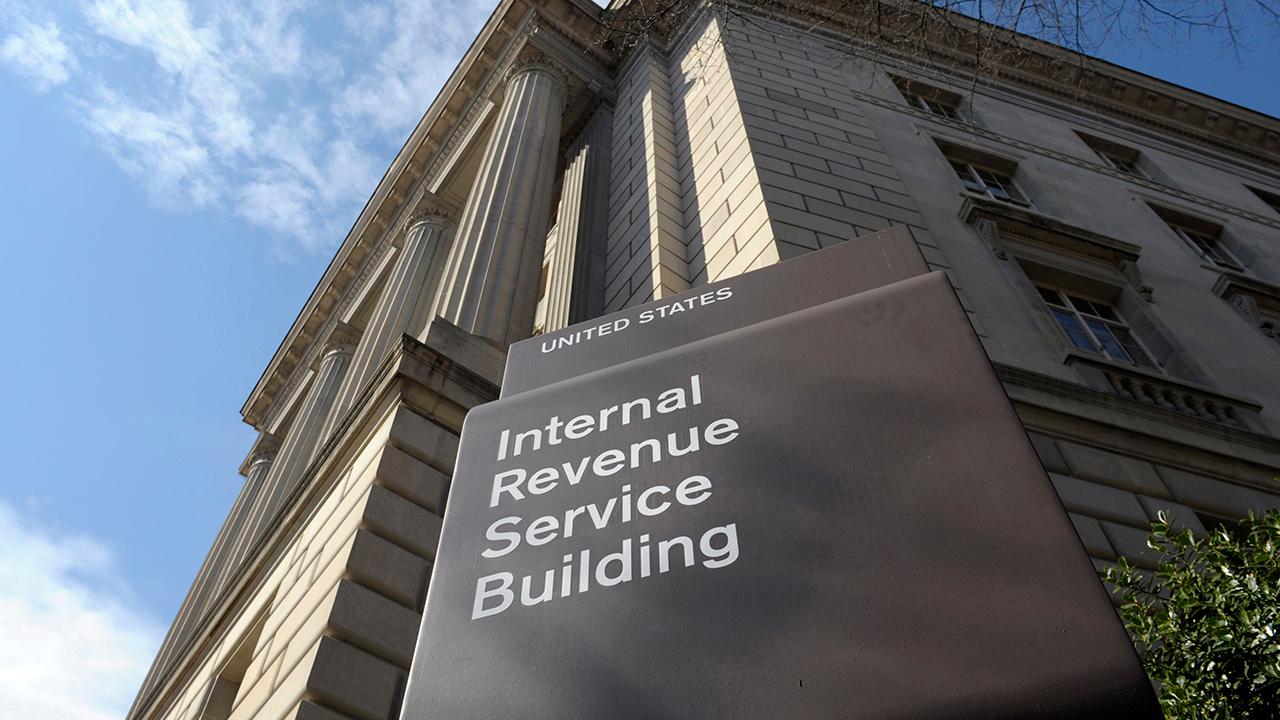IRS 'harming' Americans struggling to meet tax obligations, report says
The IRS is not doing enough to help some taxpayers at risk of economic hardship, according to National Taxpayer Advocate Nina Olson.
Olson said in a blog post this week that the agency is actually harming people who are behind on tax payments, by sometimes allowing them to set up installment payments that are beyond their financial means.
“The IRS’s current approach not only burdens taxpayers but wastes IRS resources and creates rework for IRS and Taxpayer Advocate Service employees,” Olson wrote. “It is way past time for the IRS to be proactive in this arena and use its data to help taxpayers, rather than just harming them.”
The agency says economic hardship happens when a collection action renders a taxpayer unable to meet basic living expenses. However, Olson said the IRS does not proactively use its data to identify people at risk of economic hardship when entering them into installment payments or undertaking collection actions.
IRS employees, Olson noted, are instructed to obtain full payment, when possible, or to offer installment agreements. Oftentimes, when a taxpayer cannot pay his or her full liabilities, they are “anxious or intimidated,” and set up installment agreements that are above their financial means.
Forty percent of the 4.3 million taxpayers who committed to an installment agreement in fiscal 2018 had incomes at or below the threshold that would render them unable to afford those payments. The default rate for those people was 39 percent during the same timeframe.
Olson has fought to make the agency more proactive about taxpayers’ situations by asking it to create an algorithm designed to assess income, prior year’s tax returns and third-party documents, in order to determine if a person might be at risk of falling into economic hardship. This could prevent people from being entered into installment agreements that they cannot afford.
By law, the IRS is required to stop installment plans when an individual enters into economic hardship.
CLICK HERE TO GET THE FOX BUSINESS APP
When Olson previously brought up the prospect of creating the algorithm, she said the agency told her that creating one would be too difficult.
Olson noted that taxpayers who cannot afford their payments due to economic hardship have options, including working with the IRS to have their liabilities considered not collectible, or accepting a so-called offer in compromise, which is an agreement with the IRS that settles a tax debt for less than what is owed.
A spokesperson for the IRS did not return FOX Business' request for comment




















